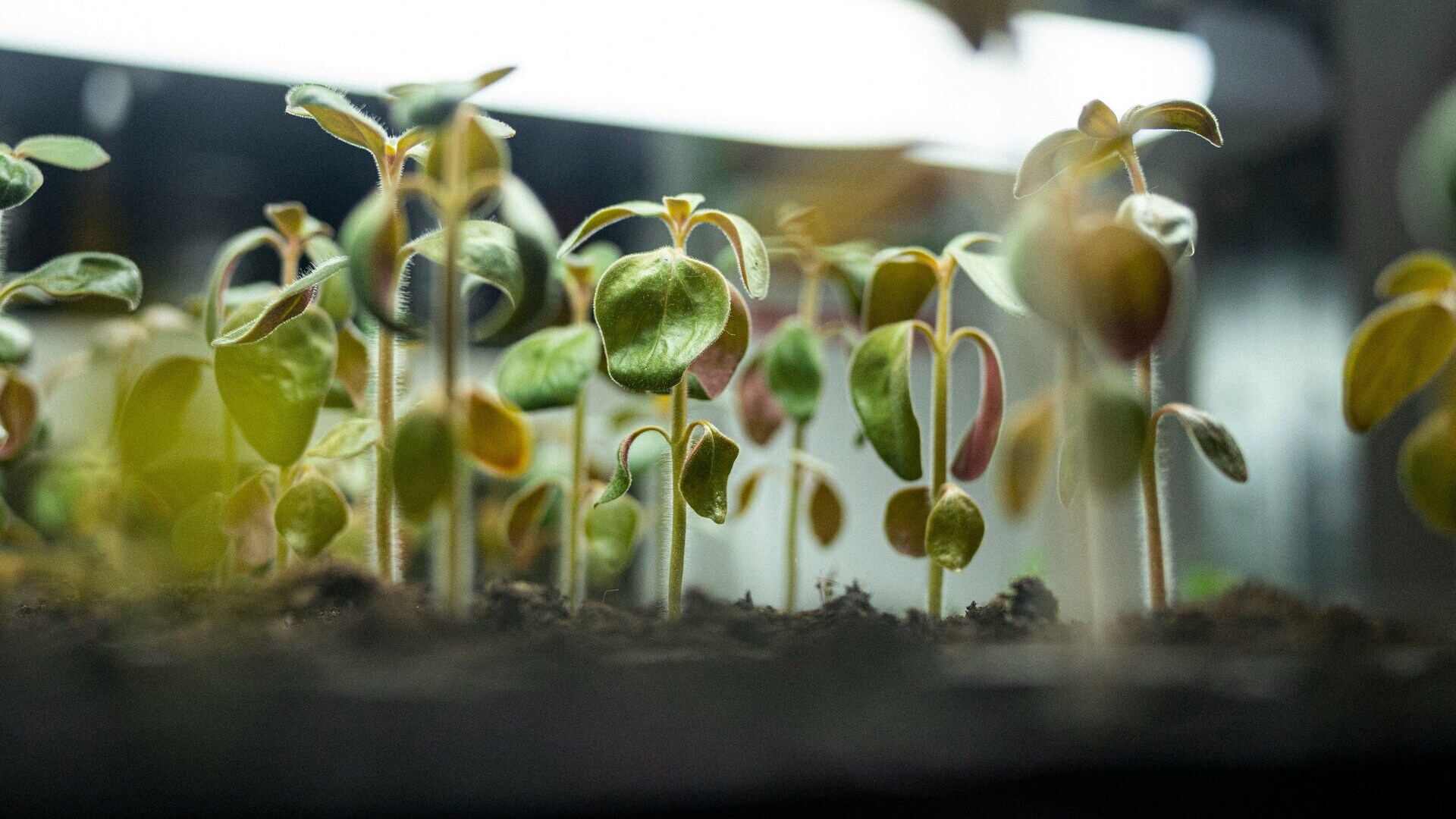
The benefits of “Social impact investing” for your wallet and the community
Let’s dive into the meaning and reasons behind the financial term that is front and center in 2023.
Time to get a macro view on one of the most frequently used terms in finance today, to understand its meaning and reasons.
The world market is at 1.164 trillion dollars, and the European market is at 80 billion.
Here is a small handbook of sites, numbers and videos that dive deeper into this term and way of investing.
Social impact investing (SII for short) is an asset allocation strategy aimed at generating social and environmental impact and a financial return. Asset allocation is defined as the process of understanding the percentages of a portfolio in which funds should be allocated to the various types of investments and are decided to maximize returns and minimize risks. So when it comes to social impact investing we speak of investments that, along with profit, seek to create a concrete and measurable improvement in people’s living conditions and the environment. In short, while traditional finance was born with the idea of maximizing the relationship between risk and financial return, impact investing introduces a third element, measurable impact.
Not only that. Social impact investing presupposes some important innovations. Firstly, the investments involve different players, public and private. It’s no longer just governments but also private investors, financial intermediaries, and non-profit organisations, stimulating a virtuous circuit of collaboration and planning between public and private decision-makers. Consequently, because they achieve a double objective, a robust social impact and an economic gain, therefore becoming profitable both for the individual investor and for the entire community. Social growth, on the other hand, always generates growth in the real economy.
Social impact investing has become very popular in recent years, so much so that the problem now is to be very selective, learning to be wary of ‘washing’, the sly practice whereby this label is applied to any investment even if it does not expressly have these purposes. In fact, if we are to build a good future, this trend must not be reduced to a fashion, but become a cultural, economic and financial approach for all who care about future generations, overcoming environmental problems and social inequalities.
A few numbers
Giin (Global Impact Investing Network), the network that includes the major international impact investing players, estimates the size of the global impact investing market at 1,164 trillion dollars. This is the first time the trillion dollar threshold has been crossed. The figure is the central result of the report 2022: “Sizing the Impact Investing Market“.
On the other hand, the European direct impact investment market is around 80 billion euros in size. This is explained in the report ‘Accelerating Impact. Main takeaways from the first harmonised European impact investment market sizing exercise‘. The assets under the management of European impact investment grew, demonstrated by its most recent figures, by 26% between 2020 and 2021, although it still represents only 0.5% of the so-called mainstream European investment market.
The areas of greatest interest? They include a mix of social and environmental objectives such as ‘decent working conditions and economic growth’ and ‘reduction of inequalities and climate action’. Sources of funding? More than a quarter comes from individual investors.
A link-ography for more
TIRESIA. A research centre developed at the School of Management of the Politecnico di Milano. It focuses on new forms of impact entrepreneurship, social impact measurement, impact finance and inclusive innovation. The centre works as a consultant firm for companies, financial institutions and politicians. In recent months, it has started to monitor in Italy the social impact generated by the “8 per 1000” of the taxes allocated by Italian taxpayers to the Catholic Church. Tiresia’s role is important because it is becoming a point of reference for concretely measuring the effectiveness of social impact investments.
Visit the site by clicking here.
SOCIAL IMPACT AGENDA FOR ITALY. Founded in 2016, it is now the point of reference for impact finance in Italy. The Association represents the evolution of the Italian Advisory Board that in 2013 met within the Social Impact Investing Taskforce (SIIT), promoted within the G8 countries. It is an important group, which is consolidating and deserves to be recognized and followed because it brings together investors, social enterprises, market builders and philanthropic institutions committed to achieving a new paradigm (in other words, vision) of the economy, capable of intelligently combining economic sustainability and positive social and environmental impact.
Link to the site by clicking here.
EVPA. Turin will host the most important event in Europe in the field of impact investing and venture philanthropy, the Impact Week of EVPA (European Venture Philanthropy Association), an international network bringing together over 300 organisations including foundations, social impact funds, financial institutions, universities, incubators and accelerators from 35 countries. The 2023 edition is scheduled from 22 to 24 November at the OGR Turin, a hub dedicated to innovation and impact with a focus on culture and tech. Around one thousand impact players from all over the world will take part in the event. The work will be divided into sessions, workshops, and meetings. Impact Week 2023 is part of Turin’s impact ecosystem, with Fondazione CRT and Fondazione Compagnia di San Paolo as anchor partners and Torino Social Impact as the collector of the city’s rich and varied impact network. On the team are Cottino Social Impact Campus, content partner, and Fondazione Time 2. It is worth following it and staying up to date about all the activities.
Link to the site by clicking here.
A video to get passionate
Next up is a talk by Sir Ronald Cohen at a London Business School TEDx: “The impact revolution”. Sir Ronald Cohen, born in 1945, is chairman of the Global Steering Group for Impact Investment, the Portland Trust and the Impact-Weighted Accounts Initiative at Harvard Business School. He is a co-founding director of Social Finance UK, USA and Israel and co-founding chairman of Bridges Fund Management and Big Society Capital. A philanthropist and international finance expert, he is a pioneer in the world of social impact investing.






